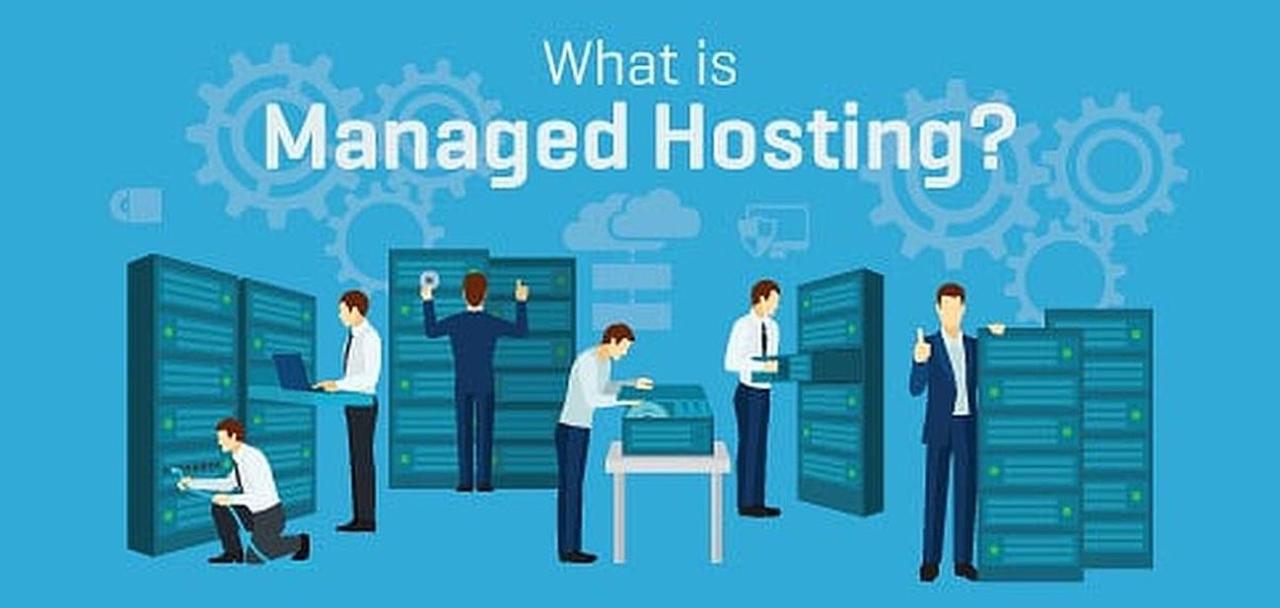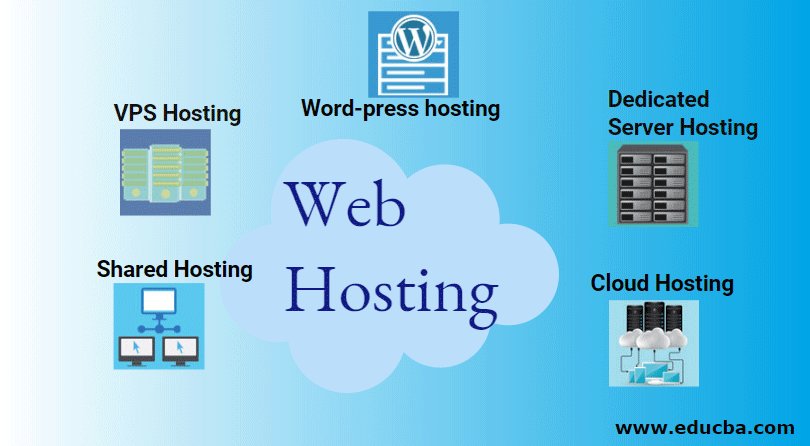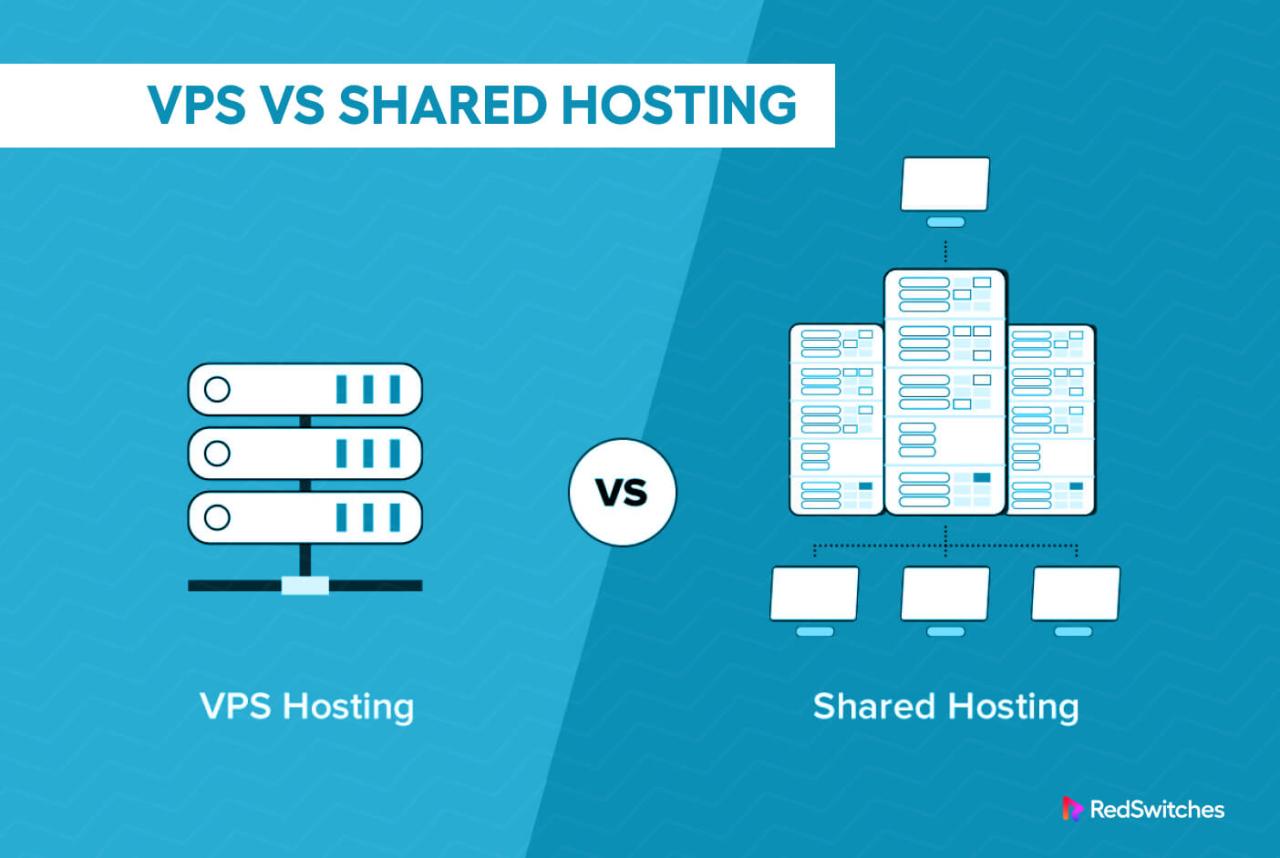Best managed server hosting is a game-changer for websites demanding top-notch performance, security, and reliability. It takes the burden of server management off your shoulders, allowing you to focus on what matters most: your business and content. Unlike shared hosting, where resources are shared with other websites, managed server hosting provides dedicated resources, ensuring consistent performance and optimal website speed. This dedicated environment also offers superior security, protecting your website from vulnerabilities and potential threats.
Imagine a website that consistently delivers lightning-fast loading times, seamlessly scales to accommodate traffic surges, and enjoys rock-solid security. This is the power of managed server hosting, a solution tailored for websites demanding high performance and peace of mind. But how do you choose the right managed server hosting provider? We’ll explore key features, factors to consider, and the benefits of entrusting your website to expert hands.
Security Considerations for Managed Server Hosting

In today’s digital landscape, where cyber threats are constantly evolving, ensuring the security of your data and applications is paramount. Managed server hosting providers play a crucial role in safeguarding your online assets by implementing robust security measures.
Importance of Security Measures
Security measures are essential for managed server hosting to protect against unauthorized access, data breaches, and other cyber threats. A well-rounded security strategy typically involves a combination of measures such as firewalls, intrusion detection systems, and data encryption.
- Firewalls: Act as a barrier between your server and the outside world, blocking unauthorized access attempts and malicious traffic. They analyze incoming and outgoing network traffic and filter out anything that doesn’t meet predefined security rules.
- Intrusion Detection Systems (IDS): Monitor network traffic for suspicious activity and alert administrators to potential security threats. They can detect attacks like brute-force login attempts, malware infections, and data exfiltration attempts.
- Data Encryption: Protects sensitive data from unauthorized access, even if the server is compromised. Data encryption algorithms scramble data into an unreadable format, making it incomprehensible to anyone without the decryption key.
How Managed Server Hosting Providers Enhance Security, Best managed server hosting
Managed server hosting providers implement a range of security measures to enhance the protection of user data and applications. These measures can include:
- Regular Security Audits: Independent assessments of the server’s security posture to identify vulnerabilities and ensure compliance with industry best practices.
- Security Patch Management: Regularly applying software updates and security patches to address known vulnerabilities and prevent exploitation by attackers.
- Advanced Threat Detection: Utilizing sophisticated security tools and techniques to detect and respond to advanced threats, such as zero-day exploits and targeted attacks.
- Data Backup and Recovery: Implementing regular backups of critical data to ensure data availability in the event of a security incident or disaster.
- Security Monitoring and Incident Response: Proactively monitoring server activity for suspicious behavior and responding promptly to any security incidents that may occur.
Examples of Security Breaches and Mitigation
The real world provides many examples of security breaches that highlight the importance of robust security measures.
- The Equifax Data Breach (2017): A major data breach that affected millions of individuals, exposing sensitive personal information such as Social Security numbers, credit card details, and driver’s license information. This breach highlighted the importance of patching vulnerabilities promptly and implementing strong security measures.
- The Yahoo Data Breaches (2013-2014): A series of data breaches that affected over 3 billion Yahoo accounts, exposing user data such as email addresses, passwords, and security questions. These breaches emphasized the importance of robust data encryption and strong password security practices.
“By partnering with a reputable managed server hosting provider, businesses can significantly reduce their risk of security breaches and ensure the safety of their data and applications.”
Managed Server Hosting Support and Maintenance: Best Managed Server Hosting

Managed server hosting providers offer a range of support and maintenance services designed to ensure optimal server performance, security, and uptime. These services are crucial for businesses that rely on their servers for critical operations.
Types of Support and Maintenance Services
Managed server hosting providers offer a comprehensive suite of support and maintenance services to cater to diverse business needs. These services typically include:
- 24/7 Technical Support: This ensures that businesses have access to qualified technical personnel around the clock to address any server-related issues that may arise.
- Proactive Monitoring: This involves continuously monitoring server performance metrics, such as CPU usage, disk space, and network traffic, to identify potential issues before they escalate.
- Regular Updates and Patches: Managed server hosting providers ensure that servers are kept up-to-date with the latest security patches and software updates, reducing the risk of vulnerabilities.
- Server Optimization: This includes tasks such as performance tuning, resource allocation, and configuration adjustments to optimize server performance and efficiency.
- Data Backup and Recovery: Managed server hosting providers typically offer data backup and recovery services to safeguard against data loss due to hardware failures, software errors, or cyberattacks.
- Security Monitoring and Management: This involves implementing security measures such as firewalls, intrusion detection systems, and anti-malware software to protect servers from malicious threats.
Importance of 24/7 Support, Proactive Monitoring, and Regular Updates
- 24/7 Support: Ensures that businesses can access technical assistance at any time, minimizing downtime and potential business disruptions.
- Proactive Monitoring: Allows for early detection and resolution of potential issues, preventing major disruptions and minimizing the impact on business operations.
- Regular Updates: Keeps servers secure and protected from known vulnerabilities, reducing the risk of security breaches and data loss.
Examples of How Managed Server Hosting Support Can Help Businesses
- Troubleshooting Technical Issues: Managed server hosting support teams can assist businesses in diagnosing and resolving complex technical issues, such as server crashes, network connectivity problems, or software conflicts.
- Optimizing Server Performance: Support teams can analyze server performance metrics and implement optimizations to improve resource utilization, reduce latency, and enhance overall performance.
- Security Incident Response: Managed server hosting providers can provide expert guidance and assistance in responding to security incidents, such as malware infections or denial-of-service attacks.
Closing Summary

In conclusion, managed server hosting is a powerful solution for websites seeking top-notch performance, security, and reliability. By choosing a reputable provider and carefully considering your needs, you can unlock the full potential of your website, enjoy peace of mind, and focus on what truly matters: growing your business. Remember, a well-managed website is a foundation for success, and managed server hosting is the key to building that foundation.




